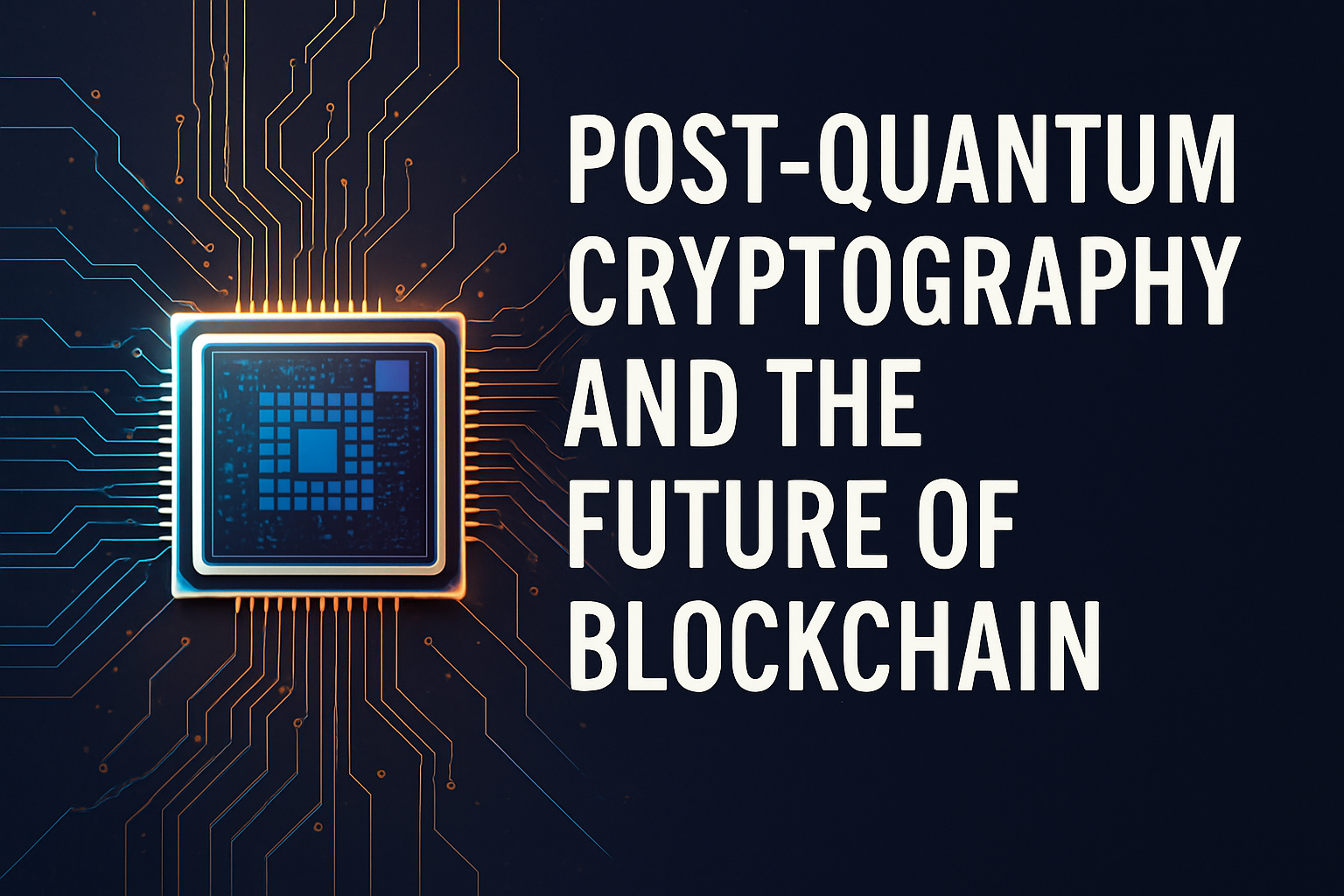How Post-Quantum Cryptography Will Redefine Blockchain Security in the Quantum Era

Post-Quantum Cryptography and the Future of Blockchain
There’s a quiet tension building in the world of cryptography. It doesn’t scream. It hums, like a distant engine slowly gaining speed. That engine is quantum computing — and when it finally arrives in full force, much of what we’ve built to protect our digital world may fracture.
Blockchain, for all its decentralization and resilience, stands on classical cryptographic legs. Algorithms like ECDSA and RSA weren’t designed for a quantum world. They were built on the assumption that certain problems — factoring large primes, computing discrete logarithms — were just too hard to solve in any practical amount of time. But for a quantum computer, “practical” is about to be redefined.
Post-quantum cryptography isn’t a headline. It’s a shield in progress. A set of tools we’re still sharpening while knowing the storm is inevitable. These aren’t silver bullets. They’re untested in the real-world chaos of decentralized systems. Lattice-based schemes, hash-based signatures, and code-based cryptosystems — promising ideas, yes, but not yet native to how blockchain breathes.
Here’s the real question: can the blockchain world adapt without breaking itself?
Transitioning to quantum-resistant algorithms isn’t as simple as replacing a library. It involves consensus changes, wallet overhauls, protocol redesigns. It risks splintering communities, slowing networks, and alienating users. But not moving forward? That risks everything. Data stolen today can be decrypted tomorrow. Trust, once eroded, rarely returns on its own.
We don’t have the luxury of pretending the future is distant. Quantum progress is nonlinear. What looks like a distant horizon can suddenly turn into a wave overhead. The blockchain space — so often focused on speculation, price, and hype — must redirect part of its gaze toward structural survival.
Maybe this is the next great phase in decentralization: not just resisting censorship or financial control, but evolving beyond cryptographic assumptions baked into the early 2000s. The chains that endure will be the ones that prepare early, experiment openly, and migrate carefully.
The age of quantum computing isn’t coming. It’s already begun.